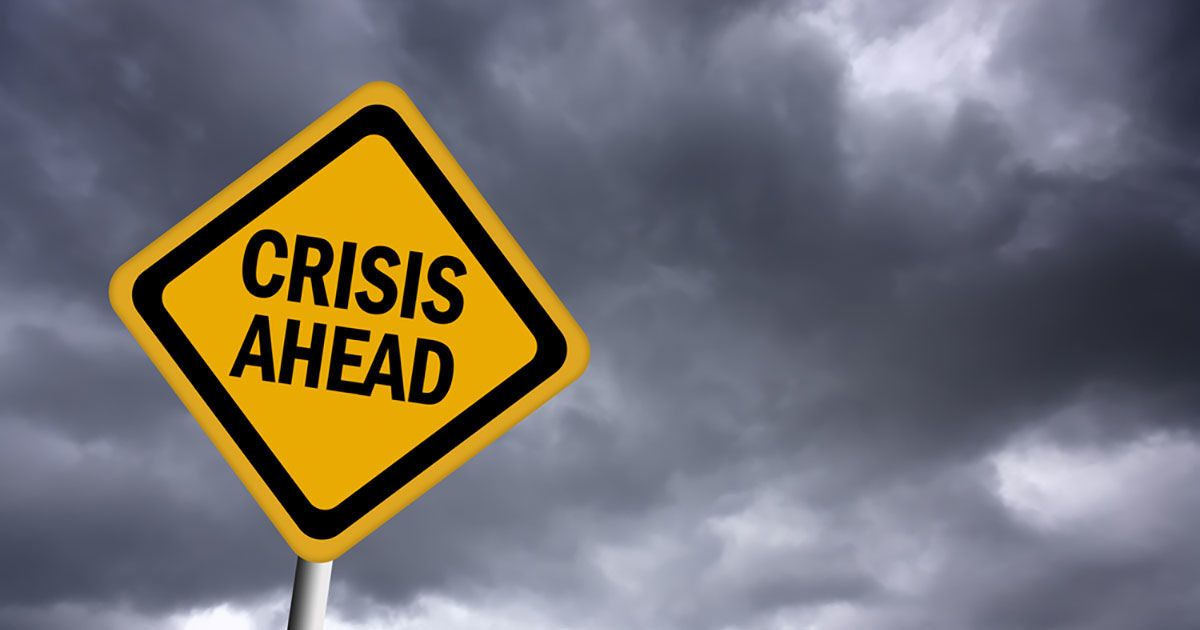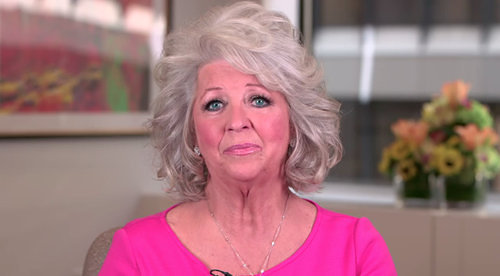It’s every communicator’s nightmare: a negative situation escalates and becomes a big story, or a business is victimized by an accident or malicious prank.
Negative headlines are just the tip of the iceberg, since it’s hard to gauge a brand’s crisis response based on media coverage or social sharing. But the following get our votes for the scariest crisis situations so far this year.
Lance Armstrong’s wild ride. January 2013 was an agony of defeat for the formerly iconic athlete, as he was exposed as a liar and a banned substance user. The most skillful crisis management expert probably couldn’t have steered Armstrong’s reputation back onto the right track, given his years of denials and the scorched-earth tactics he wielded against anyone who contradicted him.
For public confessions like his, a single, in-depth session with a thoughtfully selected journalist is often a strategic choice. But Armstrong squandered whatever benefits his sit-down with Oprah may have offered with a cold, withholding interview performance that was long on rationalization and short on remorse.
The Carnival Triumph’s fail. With the Costa Concordia tragedy still on the public’s mind, the cruise line suffered another reputation hit in February when an engine room fire left the Carnival Triumph dead in the water in the Gulf of Mexico. Passengers documented primitive conditions on the vessel as it was slowly towed to Mobile, Alabama. Instead of a dream vacation aboard the fun ships, the episode was a #cruisefromhell.
Unlike some other PR observers, I think Carnival did a lot of things right in the wake of the Triumph accident. The company won praise from passengers for the professionalism of its onboard crew, and it was relatively transparent, using social media channels and CEO Ron Cahill to personally apologize and offer makegoods to passengers. Most importantly, its rescue was accomplished with no injuries, and it followed the incident with an announcement of a companywide safety review and $300 million upgrade to its fleet.
Bloomberg as “Big Brother.” Bloomberg News executives leaped into action in May after it came out that the financial markets division shared information about Bloomberg terminal use with its reporters. The response, spearheaded by editor-in-chief Matthew Winkler, was swift and effective. Yet, contradictory company statements cast doubt on how long the data about terminal usage had been accessible to the news division, and how widespread its use has been. The handling of the incident raised nearly as many questions as it solved, and many Wall Street types were spooked.
Rutgers drops the ball. Today’s media environment is unforgiving, and secrets usually come out. That’s one of the lessons of Rutgers University’s fumbled handling of a reputation crisis in June. Rutgers knew it had a problem with basketball coach Mike Rice, who was videotaped in 2012 yelling abuse, including homophobic epithets, and roughing up players during practice. To its credit, Rutgers disciplined Rice, but it then renewed his lucrative contract a few months later. When the Rice video inevitably surfaced on the web, there was hell to pay.
Rutgers’ bad streak continued when it inexplicably replaced the athletic director who reported Rice’s misbehavior with a former University of Tennessee AD who, as it turned out, had been sued for discrimination against a pregnant coaching staffer and accused of abuse by 15 players. Rutgers clearly backed the wrong horse(s) here, and it dragged out the damage by trying to cover up its mistakes.
Paula Deen’s public grilling. Deen’s stop-and-start handling of charges of racism that broke this summer lacked the key ingredients for an effective public apology, and her emotional reaction stirred things up instead of calming them down. Deen would have done well to admit the truth by sticking to one story, share lessons learned, apologize, and perhaps donate her time and/or money to a program that promotes tolerance. A more authentic recipe for remorse was actor Jason Alexander’s apology after he poked fun at cricket as a “gay” sport.
Obamacare’s shaky launch. When healthcare.gov launched October 1, its glitches were partially obscured by the start of the 16-day government shutdown, itself a PR disaster for the GOP and just about everyone else in Washington. But, the website’s ills were so numerous, and its progress in capturing new sign-ups so apparently slow, that even the shutdown failed to quell the protests. HHS secretary Kathleen Sebelius was an inexpert media spokesperson for the rollout, and the administration struggled to distinguish between the flaws of the launch website and the substance of the plan itself. When the (typically) progressive Jon Stewart calls you out for incompetence, you know your communications needs intensive care.
The Amy’s Baking Company meltdown. Yes, it’s a side dish compared to the other situations flagged here, but the social media feeding frenzy around the Arizona restaurateurs who couldn’t stomach reality-show scrutiny is very illustrative of what NOT to do when the heat is on. Among many other crisis management sins, the couple reacted emotionally and personally to criticism, publicly insulted customers, and used profanity, moving from the media frying pan to the fire in the process. But Amy’s may have the last word; the couple will be featured in a “Kitchen Nightmares” special later this year as well as – surprise – their own very reality show. The very thought gives us indigestion, but maybe it was all a PR ploy, after all.


